Scholarship Guide was honoured to invite Mr Sakamoto Shigeki from Waseda University to speak with students at the third instalment of its webinar series.
Having graduated from Waseda himself, Sakamoto worked at the university in Tokyo for over 16 years and is now based in Singapore as a Regional Manager for the Waseda University Branch Office, looking after the South and Southeast Asia regions. With extensive experience supporting international students at the Waseda graduate school offices and having spent almost five years in Singapore, Sakamoto is the perfect advisor to Singapore students considering studying in Japan.
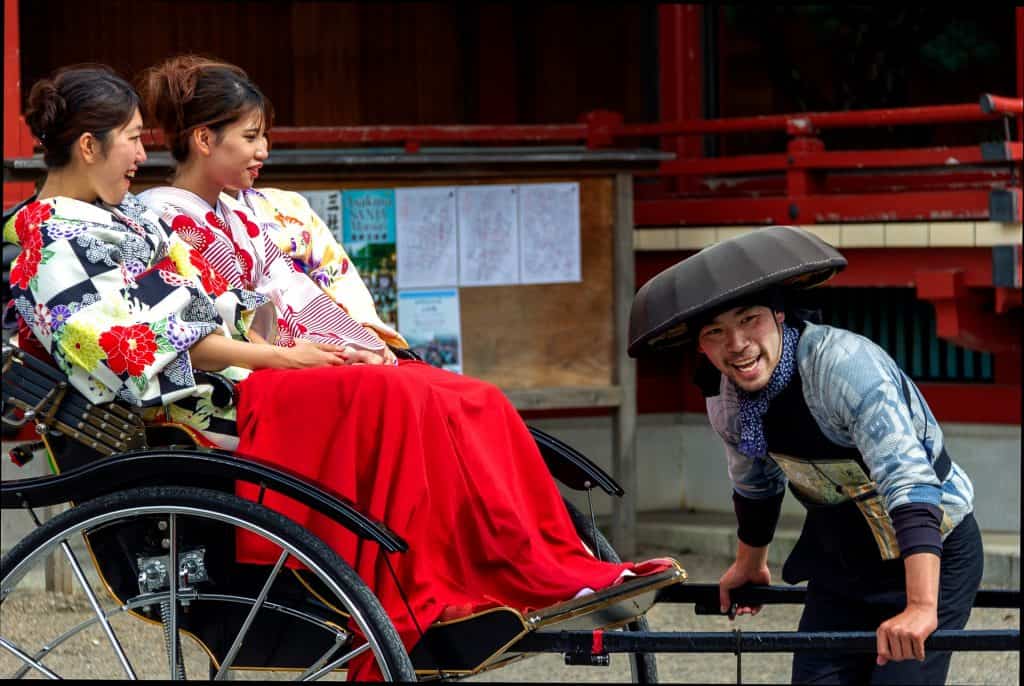
Life in Japan
Giving a personable and light-hearted start to the session, Sakamoto talked about the four seasons in Japan and added that autumn was his favourite season. He reminisced the spectacular golden fall foliage and explained how autumn is the best season to indulge in ikura—cured salmon roe.
Sakamoto went on to talk about how Tokyo is a melting pot of traditional culture and a modern futuristic metropolis, with the ancient shrines and meticulously manicured gardens in unique juxtaposition with towering skyscrapers and neon signs. Local Japanese food is also affordable and cheaper than in Singapore. With the time difference of only one hour between the two countries, Singapore students studying in Japan can conveniently stay in touch with family and friends back home.
Drawing on statistics from the Safe Cities Index 2019 report and the 2019 QS Best Student Cities Rankings, where Tokyo ranked first and second place respectively, Sakamoto emphasised that Tokyo is a safe place for students.
Sakamoto also playfully pointed out that the famous Singapore breakfast chain—Ya Kun Kaya Toast has an outlet in Shinjuku, right where the Waseda Campus is located, hinting that Singapore students can satisfy their homesick craving any time.
To give an idea of accommodation prices, he suggested that the rental for a 20sqm one-room apartment in Tokyo, where real estate prices are the highest in the country, will come up to an estimated SGD850 per month.
Sakamoto assured students that many international communities in Japan offer support to foreigners. He compiled a list of resources in his presentation slides for students to look up when doing their research on studying in Japan. They included the Mitaka International Society of Hospitality (MISHOP), the Tokyo Intercultural Portal Site, and the Singapore Students’ Association (Japan). He also noted that JUGAS, an alumni of Japanese university graduates residing in Singapore, is a great resource for Singaporeans, offering student counselling and pre-departure briefings.
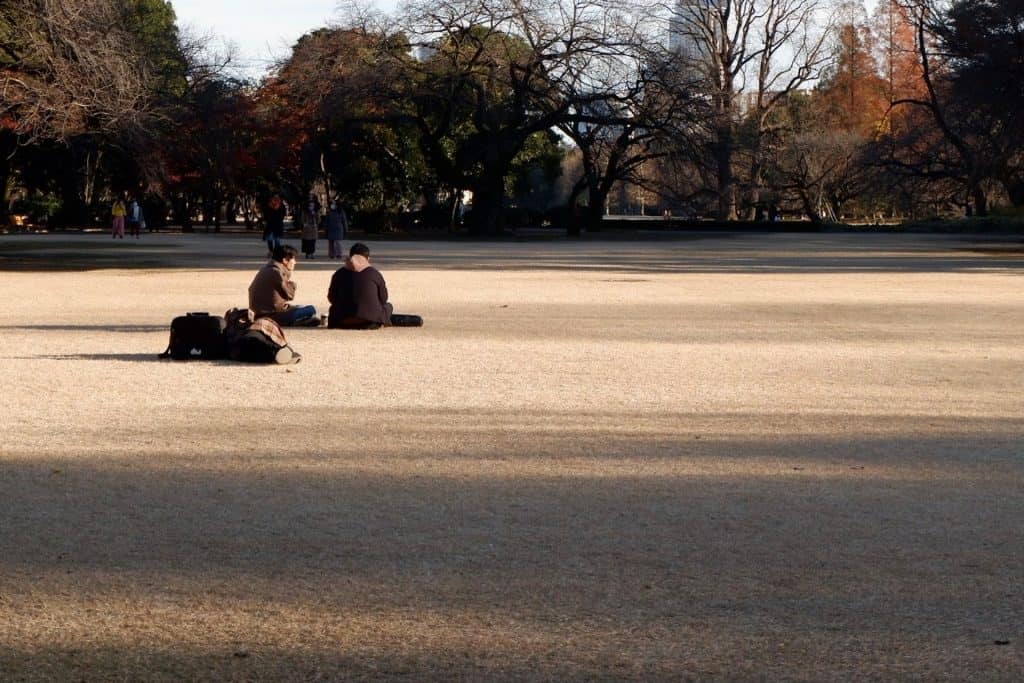
Education in Japan
Although Japan is only ranked 9th in a UNESCO Institute for Statistics survey on where Singapore students go to study, he highlighted that receiving an education in Japan can open employment doors to Japanese companies globally.
Going on to talk about the education pathway in Japan, Sakamoto indicated that 12 years of completed education is the application requirement for a bachelor’s degree program and that there are over 800 universities in Japan, of which 604 of them are private ones.
Sakamoto clarified that the cost of university education in Japan is inexpensive, contrary to common belief. The annual tuition fee at a national Japanese university is SGD9.8K and SGD13.9K at private universities, suggesting that it is more affordable for students to further their studies in Japan than in the U.S. and U.K.
Working out a student’s monthly living expense in Tokyo to an estimated SGD1.5K, Shigeki brought up a point on doing part-time work. International students in Japan are allowed to work a maximum of 28 hours per week under their student visa, should they intend to work. However, he advised students that they should always prioritise their studies first.
To add to the benefits line-up of why study in Japan, Sakamoto explained the Global 30 Project, a government initiative that aims to promote internationalisation at Japanese universities. The goal is to attract excellent students to study in Japan. Since 2009, 13 Japanese universities, including Waseda University, adopted Global 30, offering degree programs conducted in English and enriching their international student support.

About Waseda University
Introducing his alma mater with pride, Sakamoto shared a short video introduction of Waseda University, offering students a glimpse of the campus atmosphere and its diverse culture.
Diversity
Waseda is the most internationalised university in Japan, enrolling over 8,350 international students from 121 countries. The international student population makes up 17% of the entire university population, offering students a good mix of cultural exposure. The Singaporean student population in Waseda is ranked as the ninth-largest nationality at the university.
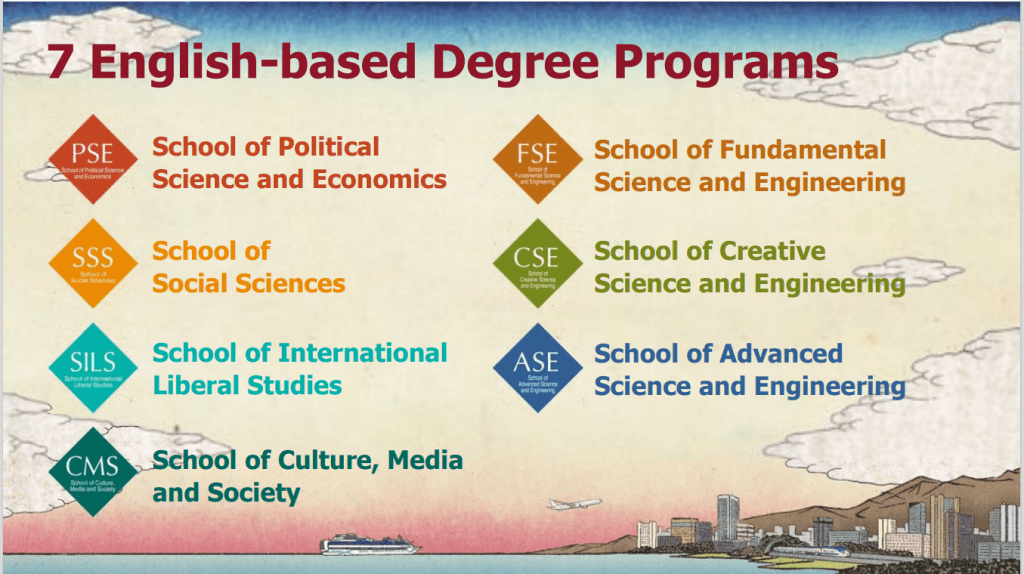
English-based Degree Programs
Knowing that students are concerned about the language barrier, Sakamoto was quick to introduce Waseda’s seven English-based undergraduate degree programs. They are:
- Political Science and Economics (PSE)
- Social Sciences (SSS)
- International Liberal Studies (SILS)
- Culture, Media and Society (CMS)
- Fundamental Science and Engineering (FSE)
- Creative Science and Engineering (CSE)
- Advanced Science and Engineering (ASE) *Discontinue from 2023 Admission
Should students be interested to learn the Japanese language, they can do so at the Center for Japanese Language (CJL), where they study the language at various proficiency levels. The course fees for CJL are included in the regular tuition fee.
Exchange Programs
Noting students’ interest in exchange programs, Sakamoto talked about how undergraduates can have the opportunity to study overseas with Waseda’s 868 global partners. These partners include the Singapore Universities (NUS, NTU, and SMU) and the international ones like Yale University, Cornell University, University of Oxford, and the University of Cambridge.
Waseda’s Pride
Sakamoto shared that Waseda University had the honour in 2003 to present the Honorary Doctor of Laws to the late Lee Kuan Yew, Singapore’s former Prime Minister.
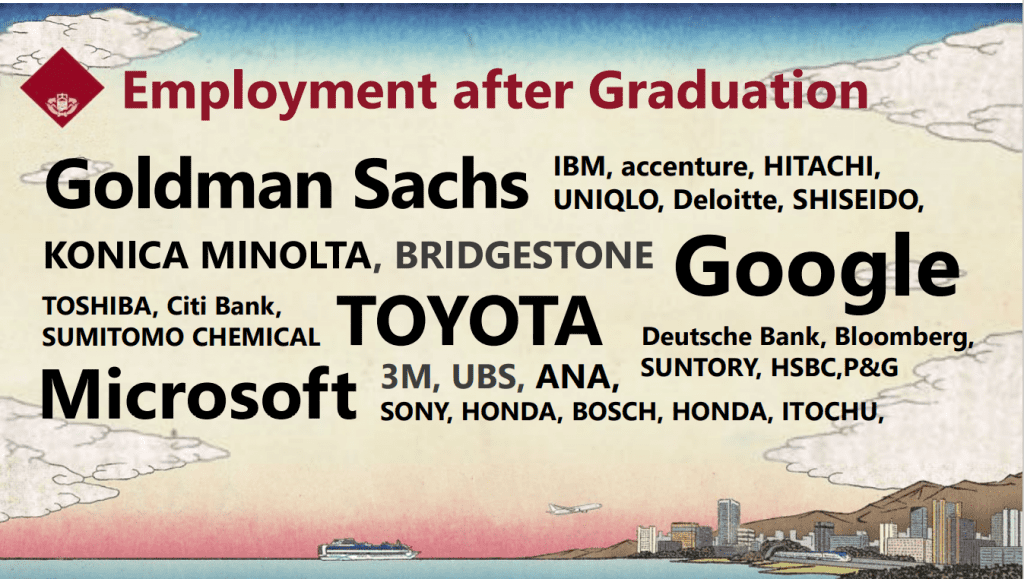
Alumni, Students & Ex-Students
According to the QS Graduate Employability Rankings, Waseda is one of the top schools in Japan for employability and is ranked 34th in the world. He cited multiple Waseda alumni members, such as the President of Uniqlo—Tadashi Yanai and the famous novelist—Haruki Murakami. He was also thrilled to point out students and ex-students of Waseda featured in Forbes “30 Under 30 Asia 2021”. They included the founders of Appify, Natee, Mellow, and the Q&A Group.
Waseda Scholarships
48% of the university’s international students receive scholarships. A differentiating and attractive factor of Waseda’s scholarships is that they are not tied to any bond. Waseda graduates are not required to serve a bond in Japan or Singapore upon graduation.
National Service
Addressing the common concern of compulsory National Service (NS) amongst Singaporean males, Sakamoto explained that Leave of Absence can be taken and submitted at the beginning of every semester. Exemptions will be applied to the tuition fees for the entire period of absence.
Admission
On the hot topic of admission, Sakamoto briefly talked about the online application process and admission criteria. Waseda University recognises the Singapore Cambridge GCE A-Level qualification. SAT, ACT, and TOEFL are not required. Specific subject scores have to be submitted when applying to the respective programs. Predicted scores for A-levels and International Baccalaureate (IB) are also accepted.
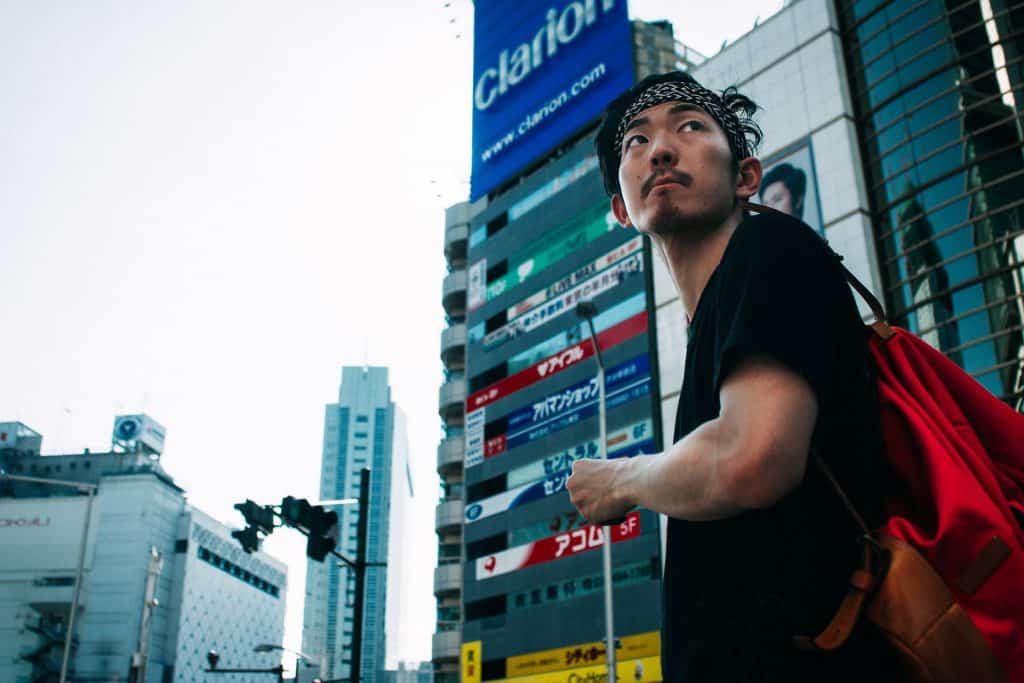
Q&A
The participating students were armed with questions for Sakamoto, displaying genuine interest in pursuing further education in Japan.
Some of the questions asked at the Q&A session included Waseda’s exchange program partnership with the University of Melbourne; the MEXT scholarship applicability to Waseda’s degree programs; the admission criteria for the School of Political Science and Economics; and advice on degree programs for a Japanese to English translator career pathway. Shigeki answered all their questions to the best of his knowledge.
Through the Q&A session, we additionally learnt that:
- Polytechnic transcripts cannot be considered for Waseda’s degree program admission. However, students in this scenario can consider taking the SAT or ACT exams to meet the standardised test scores criteria.
- 13 graduate schools of Waseda University offers English-based Master’s degree programs. The application requirement includes submitting a recommendation letter and a research proposal on top of a bachelor’s degree qualification.
- The Waseda scholarship screening is done annually throughout the degree program, and the student’s annual GPA score is being reviewed.
- Waseda can consider early completion to a degree program only after the student’s admission, based on their achievements in the university.
- A Japanese language proficiency certificate can be considered favourably for scholarship applications and admissions into specific degree programs.
- There are multiple long vacations in Waseda’s academic calendar, such as summer and spring breaks. There are also more public holidays in Japan than in Singapore, hinting at a good balance of studying hard and playing hard!
Arigato gozaimashita to Mr Sakamoto Shigeki and participating students for making the webinar a huge success and an enriching experience for all.
*Mr Sakamoto Shigeki has since relocated back to Japan and is currently an Assistant Director with an affiliated high school of Waseda University.

